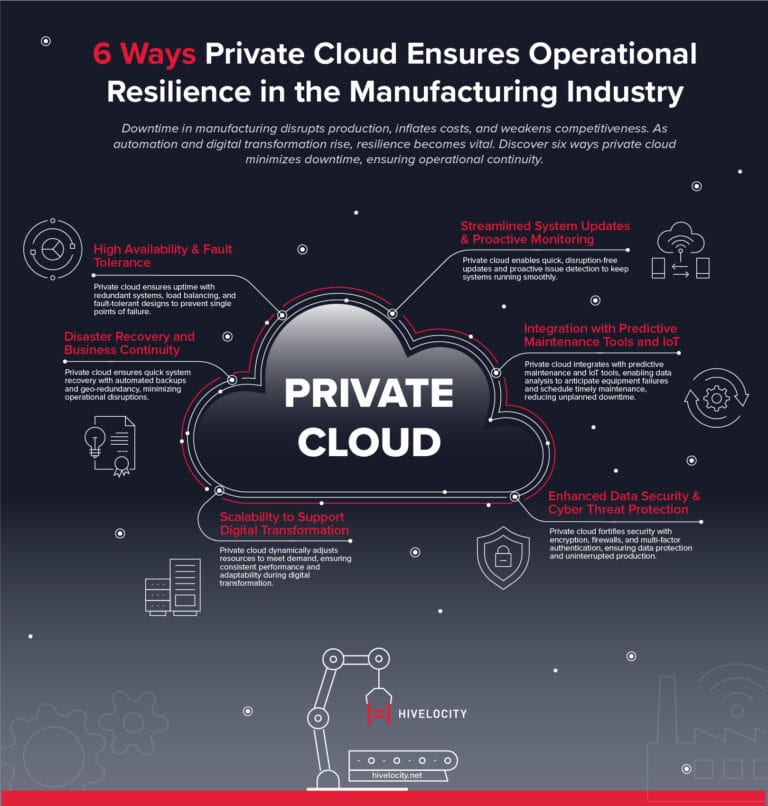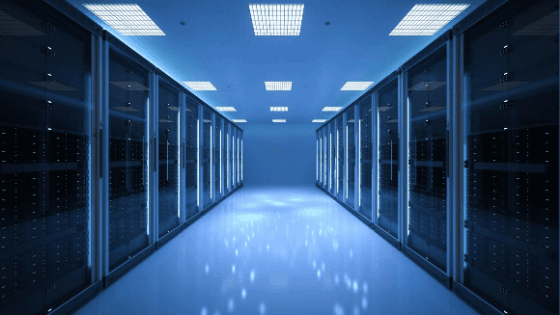When selecting a data center partner, security is of one the most important features of any data center. After all, your mission-critical infrastructure will be housed within someone else’s facility. Today, securing the data center has never been more important. Data breaches and other cyberattacks are a growing threat for any businesses. Learn how and more importantly why it’s important to secure and protect your data center.
Data Center Location
A strategically located data center will be positioned some distance from other offices or headquarters affiliated with it. 20 miles is a good rule of thumb, and remaining at least 100 feet from the main road is also best practice.
The frequency of heavy storms, floods and severe cyclones is increased immensely in recent decades. Ensuring that a facility is protected from high-risk man-made and natural disaster areas is important to keep information safe and secure. Examples of high-risk areas may include airports, chemical facilities, and power plants – anywhere that an external force may compromise data.
Access Control Systems & Biometrics
Biometric identification has become an increasingly popular method of entry in recent years, as it does not depend on passcodes or access cards. In addition to biometrics, visitors may also be given a card key, a key fob or another means of access, integrating an extra layer of security within the facility.
Additional measures such as mantraps – consisting of two separate doors with an airlock in between – function to guarantee that only one door to the data center can be opened at a time – with authentication required for both doors.
All of the entrances to the data center should function similarly to this, and should include a form of hierarchy to validate visitors as they come and go from the facility.
This might include authentication through the outer entrance, authentication through the inner entrance in order to separate the visitor area from the general staff area, authentication through the door to the room where the actual servers or other critical IT equipment is located (a mantrap), and authentication to the data center itself through a mantrap or similar setup. Once inside of the data center itself, many facilities offer customers the option of locked cabinets as well to protect their data.
Security Surveillance
Nobody wants to see someone walking into a data center and walking out with a disk containing your data. Ask your data center if they keep a record of those who enter the facility and how access to critical areas is restricted, to ensure unauthorized individuals gain access to the data center itself.
It’s important that the building is secure and protected at all times – cameras should be installed throughout the building at every entrance, exit, and access point.
Redundancy
In a data center amplifies security by providing an extra layer of equipment, personnel, or storage in the event of the primary source’s failure. For example – at the level of equipment – generators, batteries, heating, ventilation and air conditioning (HVAC), water, power, and telephone lines are all utilities that may be redundantly reinforced.
Protecting this equipment is crucial in the event of an area-wide power outage or natural disaster, guaranteeing that if one system fails, there is a backup in place. Moreover, equipment redundancy ensures that in the event of a disruption, all systems continue to operate.
Personnel redundancy
Personnel redundancy simply refers to safeguarding the data center when visitors are present with the help of employees or staff. An instance of this may occur when there are contractors or repair crews present in the building. Ideally, an employee would accompany visiting individuals at all times – especially if they are performing maintenance on critical equipment.
Storage redundancy
Finally, storage redundancy refers to an additional level of network security within a data center. Many companies offer redundant internet access to different physical infrastructures and carriers, offering customers the element of choice in determining the best security solution for them.
Some may also consider a private cloud hosting option in order to provide an extra layer of data security for sensitive information, another convenience afforded to customers concerned with backing up their data assets.
FAQs
Data centers hold proprietary and sensitive information such as intellectual property, customer data, and financial records, and therefore need to be both physically and digitally secure.
Some of the best data centers are the most secure, both physically and digitally. Cameras are installed at every entrance, exit, and access point, and operating 24 hours a day, 365 days a year.
Biometric identification has become a popular way of securing entry to a data center, in addition to ID cards and key fobs.
Data centers keep data secure by adding storage redundancy, redundant internet access, and cloud hosting for sensitive information.
At Hivelocity our security processes and procedures for both physical and environmental security are maintained through the use of six-layer security protocol, cutting-edge data center technology and highly trained security.
For more information please contact us at (888) 869-4678 or visit our contact page. Our team is happy to discuss your situation and requirements to help you get the best solution for your business.


